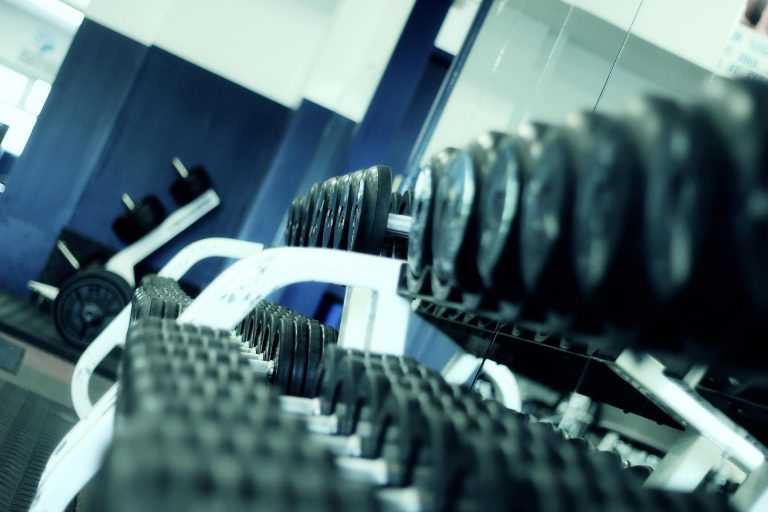The most important goal of training is to introduce physical activity into everyday life and improve our health. We train due to various reasons - to lose weight, gain muscle mass, increase stamina, endurance, improve strength results etc. However, not all of us can start training. There are a whole bunch of contraindications and diseases that can prevent us from entering an active zone. Therefore, before starting training, it is recommended to consult your doctor and do the necessary tests of your health.
Morphology
Morphology can detect many diseases. It will show the general condition of the body, reveal anaemia and eventual inflammatory processes. To build good quality muscles, we need erythrocytes (red blood cells) to supply them with oxygen. A reduced level of haemoglobin indicates anaemia and an increased level of excessive physical exertion and dehydration. White blood cells provide immune protection to the entire body against viruses and bacteria. Lymphocytes are needed to fight viral infections. It is important to detect inflammation in the body and start to counteract it because inflammation states burden the whole body. Hence, if there is excessive inflammation, anaemia or dehydration, the start of the physical activity should be postponed because it can negatively affect and worsen the state of our health.
Check the blood glucose level
Glucose is the most important energy source for the body. Thanks to the correct level of it, we have the energy to perform everyday tasks. However, if we carry out the physical activity with increased intensity, we need to take care of adequate glucose levels. Then our energy demand is much higher than normal. If glucose levels are elevated, this indicates diabetes, which can even be life-threatening in extreme situation. On the other hand, a low level of it indicates hypoglycemia. It can be associated with problems with the absorption of glucose into the blood, liver diseases and problems with the endocrine system. The central nervous system suffers primarily from hypoglycemia, which is manifested by drowsiness, headaches, weakness and even fainting episodes. All of this will negatively affect training.
Check the level of creatinine in the blood
Creatinine has great importance in the energy metabolism of our muscles. The level of creatinine is directly related to the level of muscle mass, so during the day it practically does not fluctuate. Creatinine testing is done to find out if any kidney problems are presented. The ineffective removal of creatinine from the body can indicate them. Very often, the kidneys begin to work poorly due to excessive physical exertion, usually accompanied by back pain and general fatigue. If these problems occur, you should start training only after you have fully recovered from those states.
Check your hormonal balance
Hormonal tests are performed to detect many possible disorders. By controlling the level of hormones, we will ensure proper health state, great training results and good condition of the whole body. Hormones affect metabolism, protein synthesis, fats and carbohydrates metabolism and many more processes inside our body. Without their proper level, fat burning or gaining muscle mass can be difficult or even impossible.
Check the level of urea and uric acid in the blood
Blood levels of urea and uric acid should be tested first and foremost by women who are going to the gym. Urea is the result of protein synthesis, is produced in the liver and removed by the kidneys. Hence, the urea level test is performed to detect abnormalities in the liver and kidneys. Inappropriate nutrition, drastic diet, starvation and elimination of protein products from food lead to lower blood urea levels. To avoid poisoning, you should perform a regular test of its level. In turn, uric acid is the result of metabolic processes. Its level also shows if the liver and kidneys are functioning properly.
Of course, all the above studies do not end the list of possible checks, in addition, you should also check your cardiovascular system. There are also various other specialized tests. However, the above should be done by each of us before starting actual physical activity.






